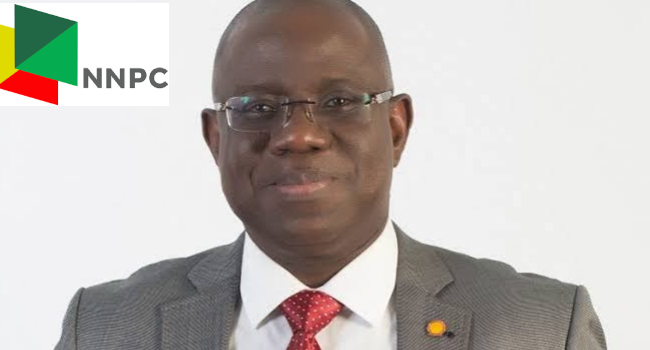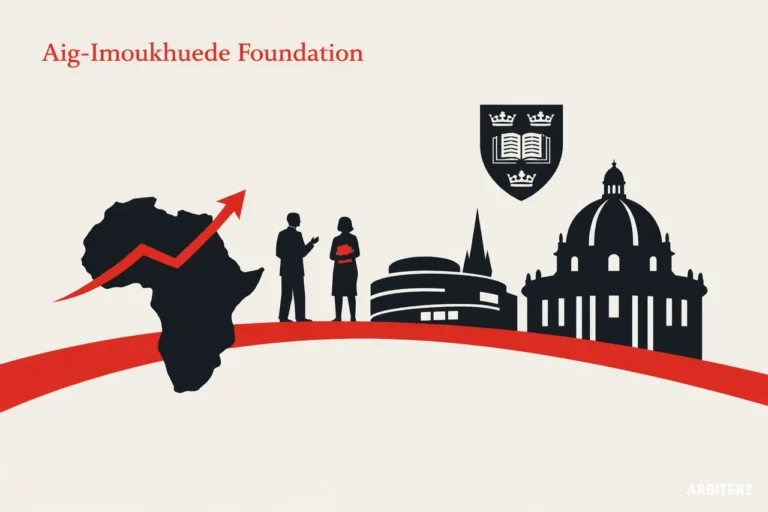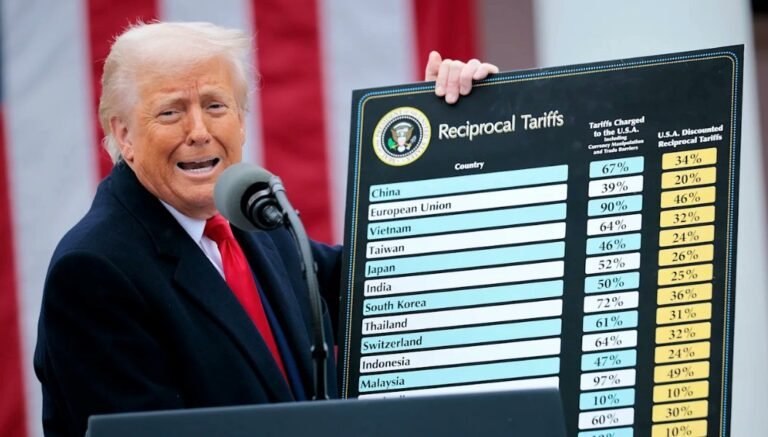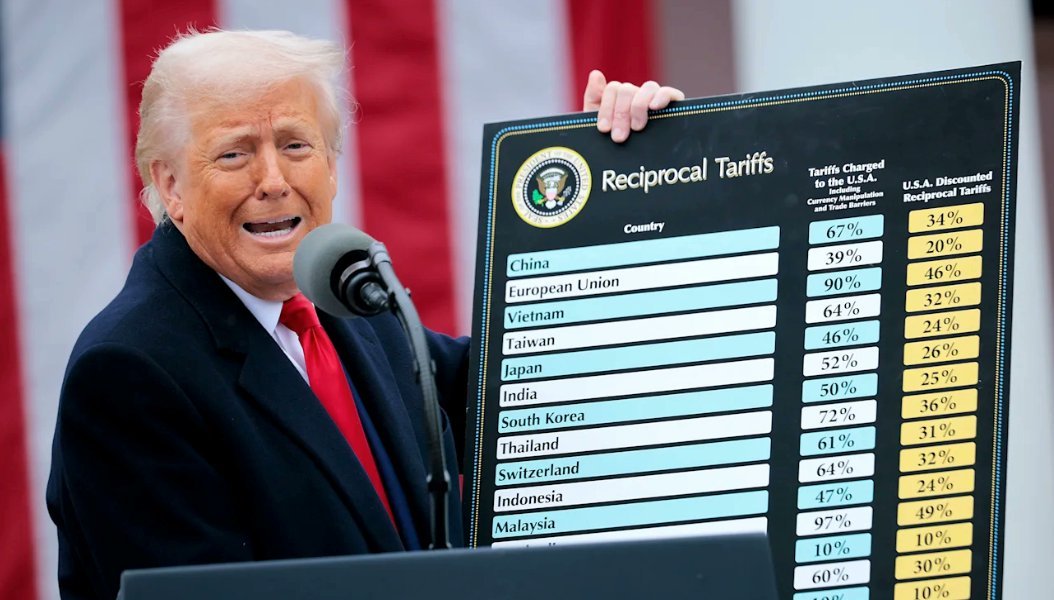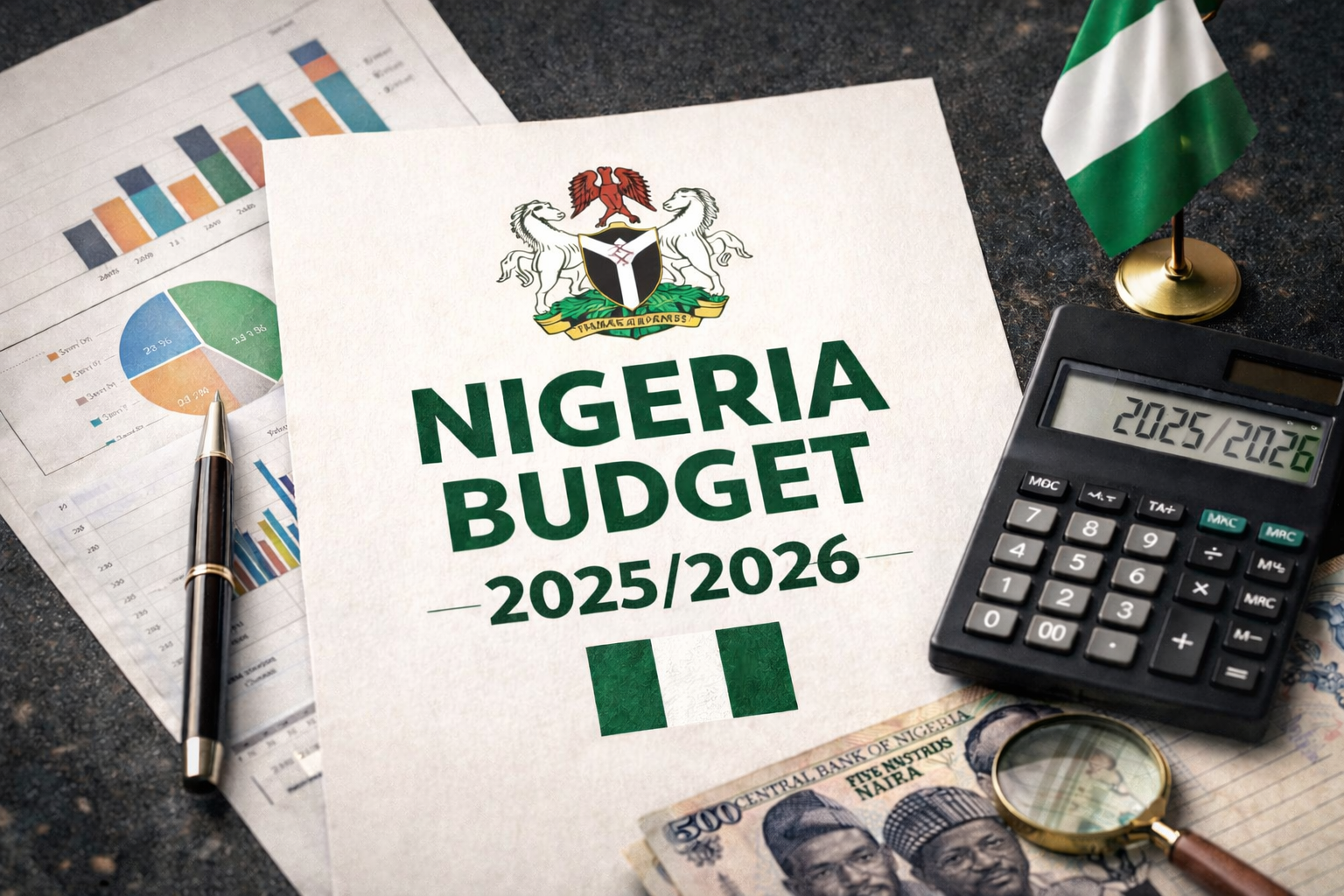The Nigerian National Petroleum Company Limited (NNPCL) unveiled its April 2025 performance report, highlighting a staggering revenue of N5.89 trillion.
This milestone, announced via NNPCL’s official X account on June 12, 2025, underscores the state-owned oil firm’s pivotal role in Nigeria’s energy sector.
Under the leadership of Bayo Ojulari, appointed by President Bola Ahmed Tinubu on April 2, 2025, NNPCL recorded a Profit After Tax (PAT) of N748 billion.
Crude oil and condensate production reached 1,606 barrels per day, reinforcing Nigeria’s position as a key player in global oil markets.
Natural gas production stood at an impressive 7,473 million standard cubic feet per day, bolstering the nation’s energy diversification efforts.
Between January and March 2025, NNPCL disbursed N4.225 trillion in statutory payments, reflecting its commitment to fiscal responsibility.
The Obiafu-Obrikom-Oben (OB3) Gas Pipeline, a critical infrastructure project, is now 90% complete, promising enhanced gas distribution.
The Ajaokuta-Kaduna-Kano (AKK) Gas Pipeline, another flagship initiative, has reached 70% completion, aligning with Nigeria’s gas-to-power ambitions.
Petrol availability at NNPCL’s retail stations nationwide was reported at 54%, indicating steady progress in fuel distribution.
Upstream pipeline availability achieved a robust 97%, showcasing operational efficiency in April 2025.
This report marks the first performance disclosure under Ojulari’s tenure, signaling a new era of transparency and growth for NNPCL.
The company’s financial and operational achievements highlight its strategic focus on optimizing Nigeria’s hydrocarbon resources.
NNPCL’s investments in gas infrastructure, such as the OB3 and AKK pipelines, are poised to drive industrial and economic development.
As Nigeria navigates global energy transitions, NNPCL’s performance underscores its resilience and adaptability in a dynamic market.
The April 2025 report positions NNPCL as a cornerstone of Nigeria’s economic stability, with significant implications for energy security and fiscal growth.


